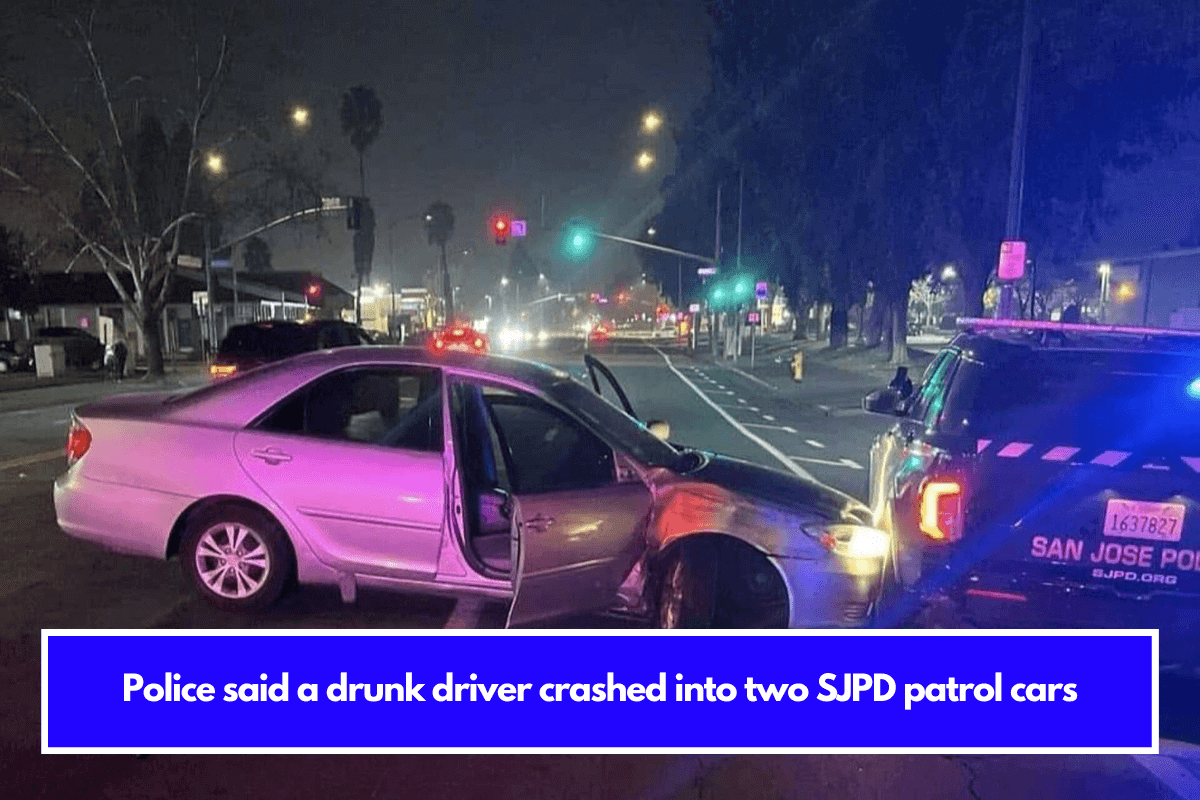In South Carolina, police generally cannot search your phone during a traffic stop without a warrant. This is based on the protections afforded by the Fourth Amendment, which guards against unreasonable searches and seizures.
Key Points Regarding Police Searches of Phones
- Warrant Requirement: Following the U.S. Supreme Court’s decision in Riley v. California (2014), law enforcement must obtain a warrant to access the contents of a cell phone. This ruling emphasizes that cell phones contain vast amounts of personal information, making them subject to heightened privacy protections.
- Exceptions to the Warrant Requirement:
- Consent: If you voluntarily consent to a search of your phone, police do not need a warrant. However, it’s crucial to understand that any evidence found can be used against you in court. Therefore, it is generally advisable not to consent to such searches unless advised by legal counsel.
- Arrest Situations: While police can seize your phone during an arrest, they still require a warrant to search its contents. The act of seizing the phone does not grant them automatic access to the data stored within it.
- Passcodes and Biometric Locks: Police cannot compel you to provide your passcode or unlock your phone using biometric data (like fingerprints or facial recognition) even with a warrant. This protection means that if your phone is secured with a passcode, you cannot be forced to reveal it.
- Traffic Stops: During a routine traffic stop, if police do not have probable cause or reasonable suspicion that you have committed a crime, they cannot search your phone without a warrant. If they request access and you refuse, you are within your rights to do so.
Conclusion
In summary, South Carolina law protects individuals from unwarranted searches of their phones during traffic stops. Police must generally obtain a warrant to search your phone’s contents, and consent should be carefully considered before being given. If faced with such a situation, it is advisable to remain calm and assert your rights while seeking legal advice when necessary.
SOURCES:-
- https://www.snelllaw.com/blog/2023/august/can-police-search-social-media-without-a-warrant/
- https://www.deatonlaw.net/search-cell-phone-south-carolina/
- https://law.justia.com/codes/south-carolina/title-16/chapter-25/section-16-25-70/



















